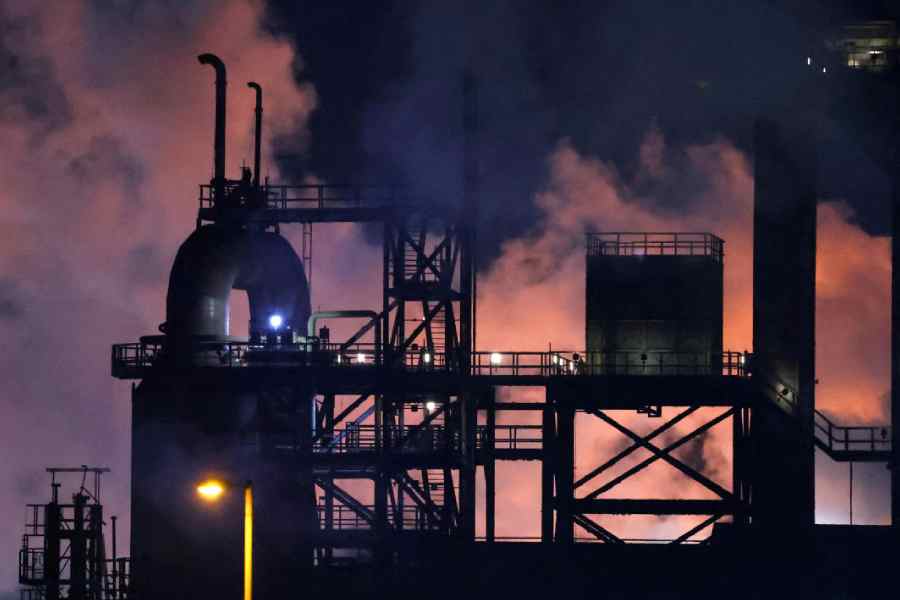The outcome of the general election in the UK slated for July 4 is not going to alter Tata Steel’s stated plan to close down the blast furnace operations at Port Talbot, Wales.
The company does not plan to wait for the grant funding agreement (GFA) to be signed with the UK government — which may or may not happen before the election — to decommission the heavy-end assets of the loss making British unit.
Tata Steel has already closed the coke oven plant in March and it is going to shut down two BFs by the end of June and September, even as signing GFA for a support of £500 million is pending with the present Tory government led by Rishi Sunak. It is widely speculated that the Labour Party led by Sir Keir Starmer may form the next government in the UK.
The cumulative investment to set up a 3 million tonne low carbon steel plant based on electric arc furnace, which is expected to be ready by 2027, is £1.25 billion including £750 million funding by Tata Steel and a grant of £500 million by the UK government.
In an analyst call post fourth quarter results on Thursday, MD and CEO T.V. Narendran, explained that given the continuous losses of the UK operations, it was no longer possible to continue with the present operating structure.
“The closure of the BF and winding down of the heavy end (assets) was something we have been talking about for quite some time given the financial condition of the UK business,” Narendran said.
Distinguishing the closure and investment in EAF backed by the government grant, he added, “So I am kind of saying that both coming together is ideal so that we can build the EAF as we want to but given the losses that we have, the closure is going to happen anyway.”
Tata Steel informed that it has made arrangements with British ports to import slabs from its Netherlands facility and India to import semi-finished slabs and roll it at the hot strip mill till EAF is built. The downstream assets will continue to operate post transition as well.
Debt juggle
Tata Steel CFO and ED Koushik Chatterjee informed that $2.1 billion equity investment to Singapore subsidiary T Steel Holdings Pte Ltd is largely for refinancing of scheduled loans that are coming up during the year.
“We don’t want to keep debt outside and go through the fluctuation… No point raising the debt overseas and meet the debt servicing requirement from India,” he said.











